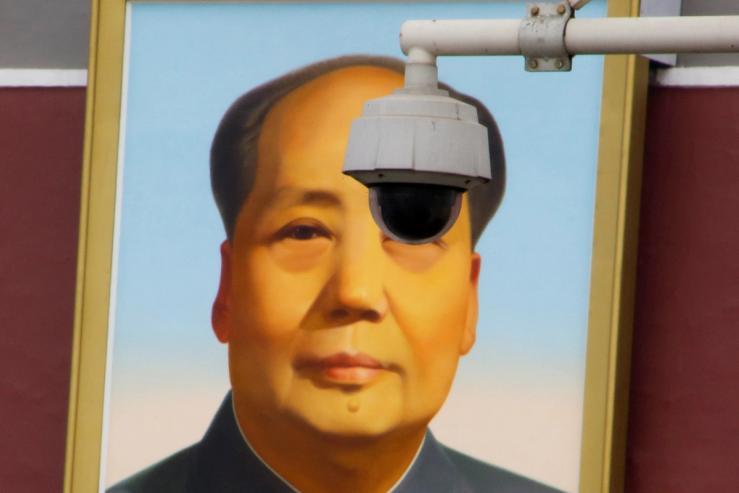The News
A phrase that has been frequently used by Chinese Communist Party officials to promote strength and resilience is attracting different interpretations from writers and analysts worldwide, and possibly spurring tensions between China and Western powers.
Know More
The slogan 敢于斗争 or “gǎnyú dòuzhēng” — which Chinese leader Xi Jinping proclaimed in a speech during China’s National People’s Congress — has been difficult to translate.
In a recently published essay in Foreign Affairs, the phrase was translated as “dare to fight,” which the piece’s authors used as evidence to suggest that Xi was preparing for war.
The Financial Times also rendered the slogan as “dare to fight,” saying that the declaration “captured a new ethos for Beijing” where Xi would overthrow a U.S.-led world order with one that centered China’s interests.
Even state-run outlet Xinhua News has translated the phrase as having “the courage to carry on our fight.”
Room for Disagreement
Some scholars have more recently argued, however, that “dare to fight” may be unnecessarily hyperbolic. According to a recent analysis by Todd Hall and Xiaoyu Pu from the Center for Strategic and International Studies, the slogan may be best translated as “dare to struggle,” which more accurately reflects “the ideological, political, and multidimensional” principles of Chinese political discourse.
The South China Morning Post and Agence France-Presse have both used “dare to struggle” as their translations, as well.
Hall and Pu argue that the phrase has had a long history within the People’s Republic of China, dating back to essays written by Mao Zedong, in which the country’s founding leader reflected on China’s struggle between ideas and class.
In a 1949 piece that Mao wrote titled, “Cast away illusions, prepare to struggle,” he says that one should “struggle, fail, struggle again, fail again, struggle again until the final victory — that is the logic of the people.” Mao also used the slogan to describe “armed struggle” when discussing “party building.”
Step Back
What has likely caused the most confusion among writers and translators is the second part of the political slogan — 斗争, or “dòuzhēng.”
斗争 can either be a noun or a verb depending on the context in which it’s used and translations of the two-character phrase include “struggle,” “strive,” “dispute,” or “fight”.
The View From the NBA
During the 2019 pro-democracy protests in Hong Kong, the then-general manager of the NBA’s Houston Rockets Daryl Morey sparked a political storm when he tweeted support for the movement, which China opposed.
In its English-language statement, the NBA said: “We recognize that the views expressed by Houston Rockets General Manager Daryl Morey have deeply offended many of our friends and fans in China, which is regrettable.”
However, in a published translation of the statement, the NBA’s Chinese social media account wrote that the league was “extremely disappointed” by Morey’s “inappropriate” tweet adding that his view of the protesters “severely hurt the feelings of Chinese fans.”
Bass, in response, said that the English statement was the league’s official stance on the issue.
Notable
- During the centenary of the Chinese Communist Party, leader Xi Jinping used a similarly colloquial but confusing phrase 头破血流 — which literally translates to “head breaks, blood flows.” But the slogan “does not always conjure up the image of smashed skulls and a river of blood,” Viola Zhu writes for Vice.


